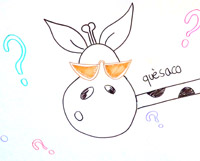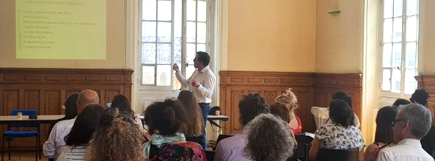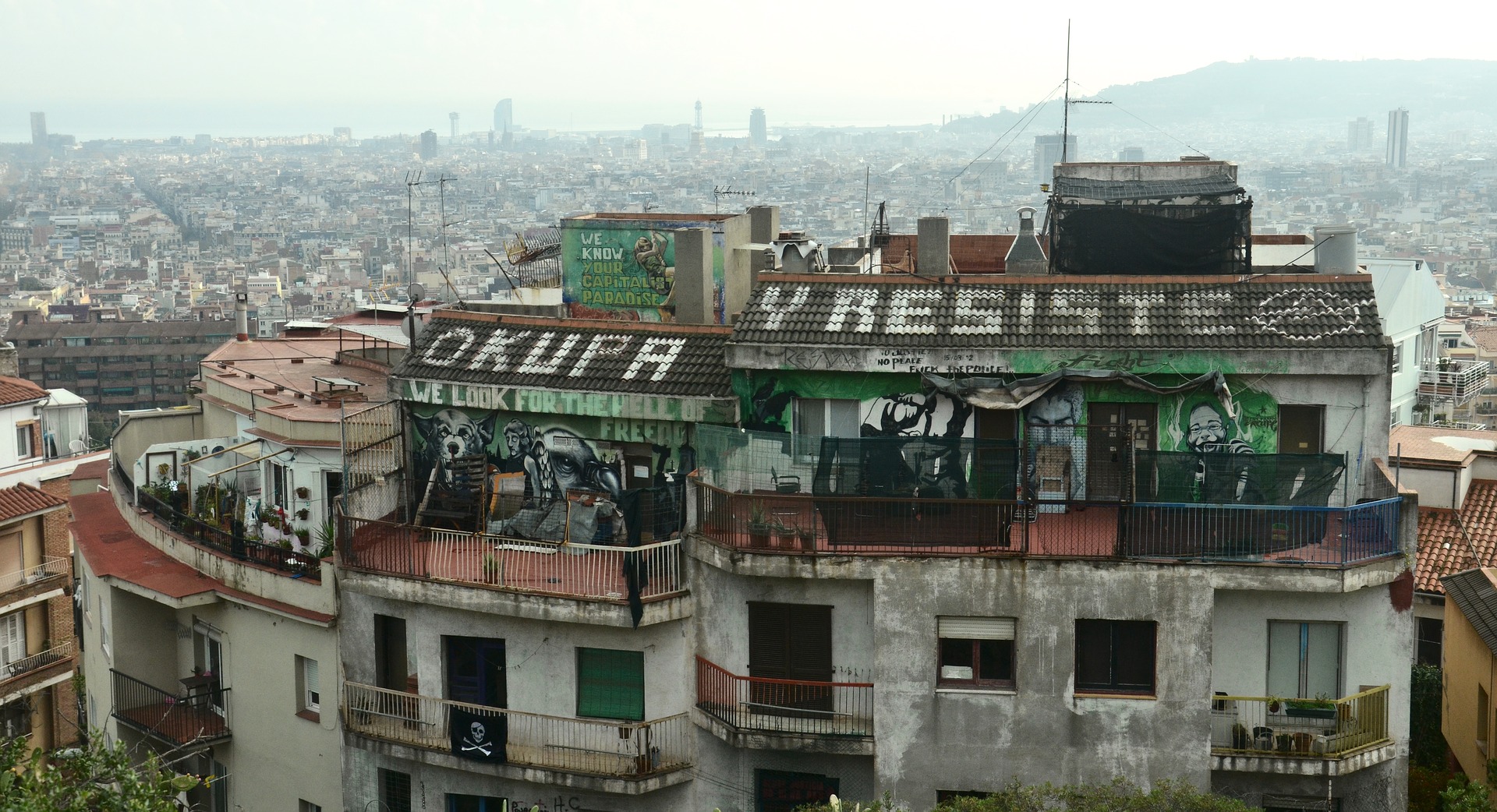5e Séminaire SPID: Séminaire inter-laboratoires avec Martin Parker (Université de Bristol, UK), LIRSA – LITEM

20 mai 202114h - 16h
Distanciel : TEAMs
Le séminaire de recherche de l’équipe SPID est un espace d’échanges ouvert aux doctorants et aux encadrants du Lirsa intéressés par les différentes thématiques abordées par l’équipe. Il permet d’aborder des travaux en cours (thèse, préparation d’intervention en colloque ou d’article, etc.), d’échanger sur des articles publiés avec leurs auteurs, de partager des retours d’expérience (réalisation de n° spéciaux, d’ouvrages collectifs, etc.), de mettre en discussion des travaux de référence et de traiter l’actualité de la recherche en sciences de gestion.
Dans ce séminaire en collaboration avec l’équipe ETHOS du laboratoire LITEM de l’Institut Mines-Telecom, nous recevrons Martin Parker professeur à la School of Management (University of Bristol, UK). Il nous exposera ses recherches actuelles sur les formes alternatives d’organisation, et notamment la question de l’anarchie, parues dans son nouvel ouvrage « Anarchism, Organization and Management » :
“It is a cliche that anarchists can't organize anything. Lazy versions of anarchism involve images of bomb throwers, black bloc protests and endless meetings with obscure hand signs. What can the contemporary sciences of control learn from anarchists? In this paper, based loosely around Anarchism, Organization and Management (Routledge 2020), I will argue that anarchism is actually a very distilled theory of organization. If we define organization generally as 'how people and things come together', then most of the organization theory we find in the business schools is very managerial. It assumes information asymmetry, hierarchical power relations, instrumental motivations, shareholder value, economic efficiency and so on. In other words, it's a theory of organization within managerial capitalism. Anarchism makes no such assumptions, and invites us to begin thinking about organization without such assumptions and constraints. So, what would organization look like if it attempted to maximise human freedoms, or democratic participation, or even joy? »
Discutants : Jerzy Kociatkiewicz, Institut Mines-Télécom Business School ; Marie-Astrid Le Theule, Cnam.
Suivez nos prochaines nouvelles pour en savoir plus et venez nombreux.ses avec vos questions !
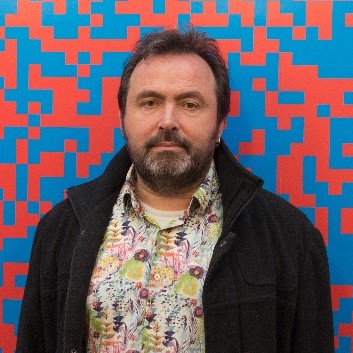

20 mai 202114h - 16h
Distanciel : TEAMs
